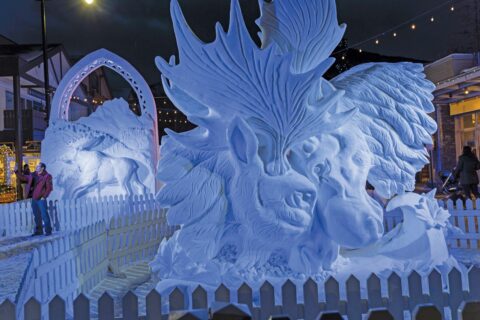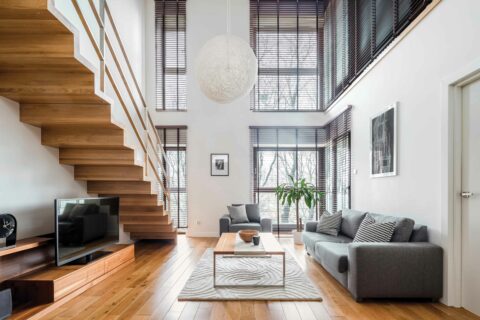What do you need to consider before buying a condo? Condos are becoming more and more popular as real estate prices continue to soar. They have a lot of pros that appeal to buyers including a lower price point, lower maintenance, and they often have shared amenities that may be unaffordable in a single detached house, such as a swimming pool or a gym.
Like any property, condos require maintenance. That’s where condo fees come into play. These regular fees are designed to cover the costs of maintaining the building and its amenities, and they will be a regular payment in addition to your mortgage should you purchase this type of residence.
Condo fees are calculated depending on the size of the condo, the age of the building, the regular maintenance required, and the amount it takes to maintain a reserve fund. The day-to-day maintenance like snow clearing, garbage removal, water, and sometimes heat are covered by these condo fees. As an owner, you don’t have to worry about these things. The downside may be that you don’t have a choice in contractors who take on work in the building, but you can be assured the building is being maintained to a specified standard.
If your building has amenities, their maintenance will be covered by these fees. Those fun features have a cost, even if it’s shared amongst residents. Not sure you want a place with a pool? Are you actually going to use that gym? Make sure these are things you want, since you’ll be paying for them when you move in.
A portion of the building’s condo fees should be set aside into a reserve fund to cover any large expenses that come up with maintaining a building. Things like roof repairs, which are bound to happen, are covered by this reserve. If there is not enough in the reserve, residents may be asked to cough up more cash for the repairs on top of the condo fees already being paid. Ideally, this shouldn’t happen, but sometimes large expenses can be unpredictable.
When budgeting for buying a condo, make sure to include condo fees and leave a buffer in case these fees increase. As buildings age, their maintenance costs tend to go up, which means condo fees rise. This rise is typically determined by the condo board and should come with advanced notice. You’ll want to check if any condo fee hikes are scheduled before you buy your condo, so you aren’t hit with an unexpected increase shortly after you move in.
Be wary of condos with low fees. This can indicate the building is not maintained well, or it is behind on its maintenance. It may also indicate a lack of savings in the reserve fund, which could cost you down the road when major expenses arise. Some buildings are known for “cash calls”, or for requesting extra money because their reserve isn’t big enough to cover a list of major expenses that are adding up. Talk to your real estate agent and your mortgage broker about these buildings since they often have a reputation in the community.
At the end of the day, buying a condo could be a great fit for your situation. There are a lot of benefits to shared amenities, reduced maintenance, and a lock-and-go lifestyle. What’s more, condos can be a great community of people who all live under the same roof. This can make moving to a new area easier and more welcoming. Just make sure to budget properly before embracing the turn-key mountain lifestyle.
Status Certificate
Before purchasing a condo, ask to take a look at the building’s status certificate. This document will contain information about the condo’s financial status, including the budget, the reserve fund, the maintenance costs, and whether any increases are planned for the near future. The document will also have legal information, including any outstanding legal issues the building may have. Reviewing this information, and making sure you understand it, will be invaluable as you make a decision to buy into a condo complex. There is a fee to access this certificate, but it will be well worth it in the long run.



